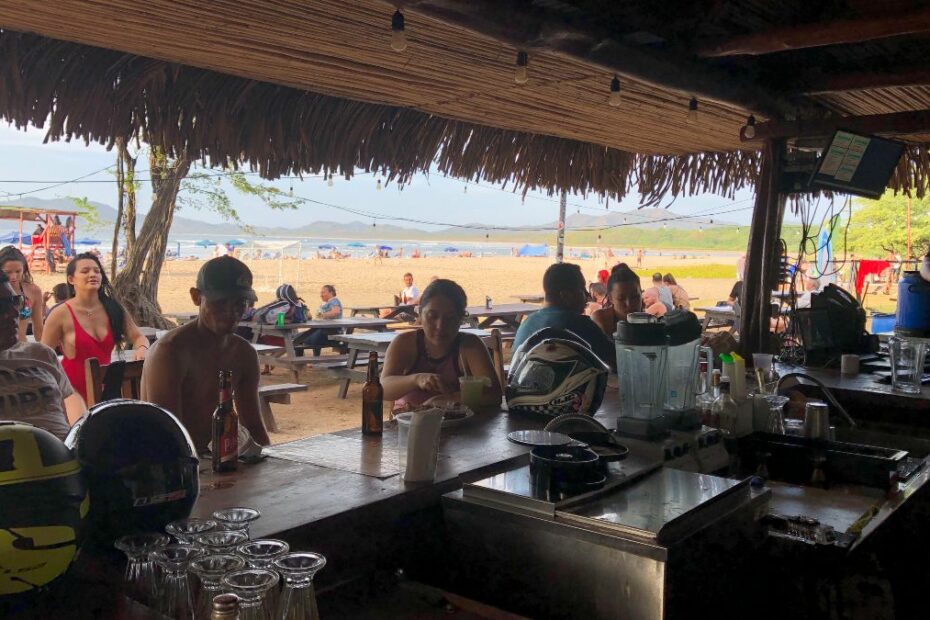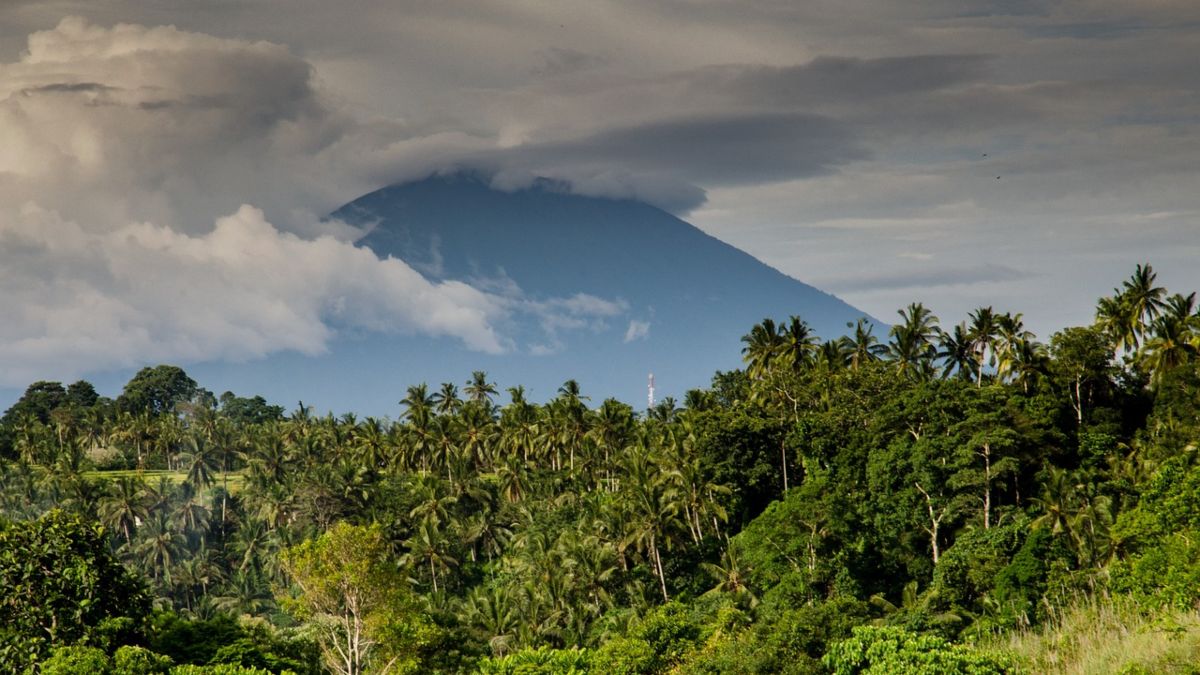Exploring the intricacies of national stereotypes, this article delves into the Costa Rican psyche, examining the traits that define them. While generalizations persist, this engaging piece uncovers both positive and contentious aspects of Costa Rican culture and offers a thoughtful perspective on societal perceptions.
This might be contentious.
In any newspaper, this article would sit in the “opinion” section. It would start with words like, “This article represents the views of the author only. This article does not represent the views of this publication or its owners.” Or words to that effect.
What we’re discussing here is the Tico – or Costa Rican – psyche, exploring the traits that define a Tico.
Trigger warning: we will be making generalizations in this article. Generalizations are common; most of us generalize all the time. And most of us in Latin America, whether local or foreign, generalize about everyone. Latin Americans love generalizing and stereotyping each other. For instance, Argentineans are often perceived as arrogant and aloof wannabe Europeans, Chileans as hard-working, Colombians as violent, Paraguayans as Nazi-sympathizers, Brazilians as enthusiastic partygoers, and so forth.
Gringos are especially subject to generalizations from Latin Americans, especially in a country like Costa Rica where there are so many of us. Common generalizations about gringos include the assumption that we’re scruffy and unkempt, poor dressers in cargo shorts and tank tops all the time, even in cities. Costa Ricans often think we never shower and that we smell. Many Ticos assume we’re drug addicts or sex tourists (or both), perpetuating the “ugly American” stereotype.
As a Brit, I’m all-to-familiar with national stereotypes. For instance, our food sucks and we’re arrogant. We’re like the Argentineans of Europe, albeit much less beautiful. We binge drink and have bad teeth.
Not to dwell on unfavourable national stereotypes but I once got a haircut in Paraguay and when the barber finished he stepped back to admire his work and said
“Yes, excellent. You look just like Rommel” pic.twitter.com/UWr0b126SO
— Mat Youkee (@matyoukee) May 30, 2020
So how do people generalize Ticos? What are some Costa Rican national stereotypes?
I remember once having lunch with a Costa Rican attorney friend and the topic of conversation shifted to this matter. My friend pointed out that Ticos tend to be posers, putting on appearances without much substance to back it up. For instance, a Tico might dress in full lycra gear and a helmet while cycling a short distance down the street, all for the sake of how they’re perceived by others.
In fact, Ticos have a habit of displaying brand names on everything they own, be it clothes or surfboards, as they always want to appear better at something than they actually are. This attitude, according to my friend, is pervasive throughout society. It starts at home and extends through to the education system, workplace, and even the upper levels of government. He believes it contributes significantly to the country’s problems.
He also pointed out that his fellow Costa Ricans take pride in maintaining appearances without truly possessing the knowledge or skills they portray. While it’s understandable to fake it occasionally to save face, it becomes problematic when the fakery persists, even when others are aware of it. This, remember, is a Costa Rican talking about the traits he sees in his own countrymen.
Argentina is not part of Latin America??? 😟
“PUES SON BLANCOS 😡” pic.twitter.com/BU6QB8f8dM
— Iberian America (@Iberianamerica) July 22, 2023
Anyone who has ever asked for directions in Costa Rica remembers that hardly any Costa Rican would tell you they don’t know
Most people would rather make up directions to a place than tell you they don’t know where it is. Nowadays, the likes of Waze and Google Maps mean that lost drivers no longer need to rely on this type of advice, but anyone who remembers those days will know what I’m saying. It’s that same fear of losing face, even with a total stranger. And I’m sorry to be a typical impatient gringo here, but it’s not charming, it never was. It’s annoying.
So is my friend correct? To some extent, yes. Most generalizations have a kernel of truth that perpetuates them. That includes the stereotypes about us foreigners mentioned above.
But it’s essential to remember that not every Costa Rican fits this description any more than every gringo is a scruffy, smelly bum looking for sex and drugs in Costa Rica.
Now this is the second night in a row that the taxi driver put on Michael Jackson when we got in the car in Costa Rica. They assume black Americans love Michael & he was right. Why they start singing along. Just reaffirming the stereotype 🤣
— sailor goon 👑 (@markeetamescudi) May 14, 2023
Having lived and worked in Costa Rica for over two decades, I can understand my friend’s perspective, especially the arrogance that compounds the ignorance
Similar to Argentineans and the British, many Ticos possess a sense of superiority over their neighbors. While this might be understandable due to Costa Rica’s relatively peaceful history in Central America, it still amounts to arrogance that can irritate others, especially Nicaraguans.
It’s no secret that many Costa Ricans look down on Nicaraguans with contempt. They stereotype them as lazy criminals. Just read the comments sections on any given article from a Costa Rican newspaper talking about crime. Costa Ricans tend to look around Central America and wonder why none of these countries have their acts together and so see themselves as superior to them. Central Americans are acutely aware of how Costa Ricans look down on them. And in return, they see Costa Ricans as lightweight woosies.
An irony here, of course, is that while Costa Rica’s homicide rate continues to rise every year, the rates of countries like El Salvador continue to fall. Costa Ricans need to be careful when smugly deriding their neighbors as “dangerous”.
As Costa Rica records its highest-ever homicide rate in 2022 and El Salvador its lowest-ever, we make our annual comparison of murder rates around the region with the help of data compiled by @InSightCrime.https://t.co/2kuUhaP8MU
— Central America Living (@VidaAmerica) February 9, 2023
All that said, it’s essential to balance the negative national stereotypes with the positive
There are many, many positive stereotypes about Costa Ricans. For example, Costa Ricans are often known for their kindness and willingness to help others. Most Ticos would give you the shirt off of their backs if they could. Ticos are quiet and reserved – the opposite of brash Americans (another generalization, see how easy it is?). They are warm. Ticos are positive, glass-half-full people and I love that. I’m a natural cynic, but Costa Ricans often make me feel like a grinch for being cynical. Ticos make me a better person, They keep my darker side in check and make me feel better about the world.
Let’s keep in mind, though, that positive generalizations are still generalizations. Just like in any population, there are individuals who don’t fit any of these descriptions. There are assholes out there too. Anyone who has ever driven in Costa Rica will tell you that. Oops, was that yet another generalization?
I’ll stop right now before I get into (more) trouble.
James Dyde is the editor of CentralAmerica.com. He lives in Escazu, Costa Rica.




